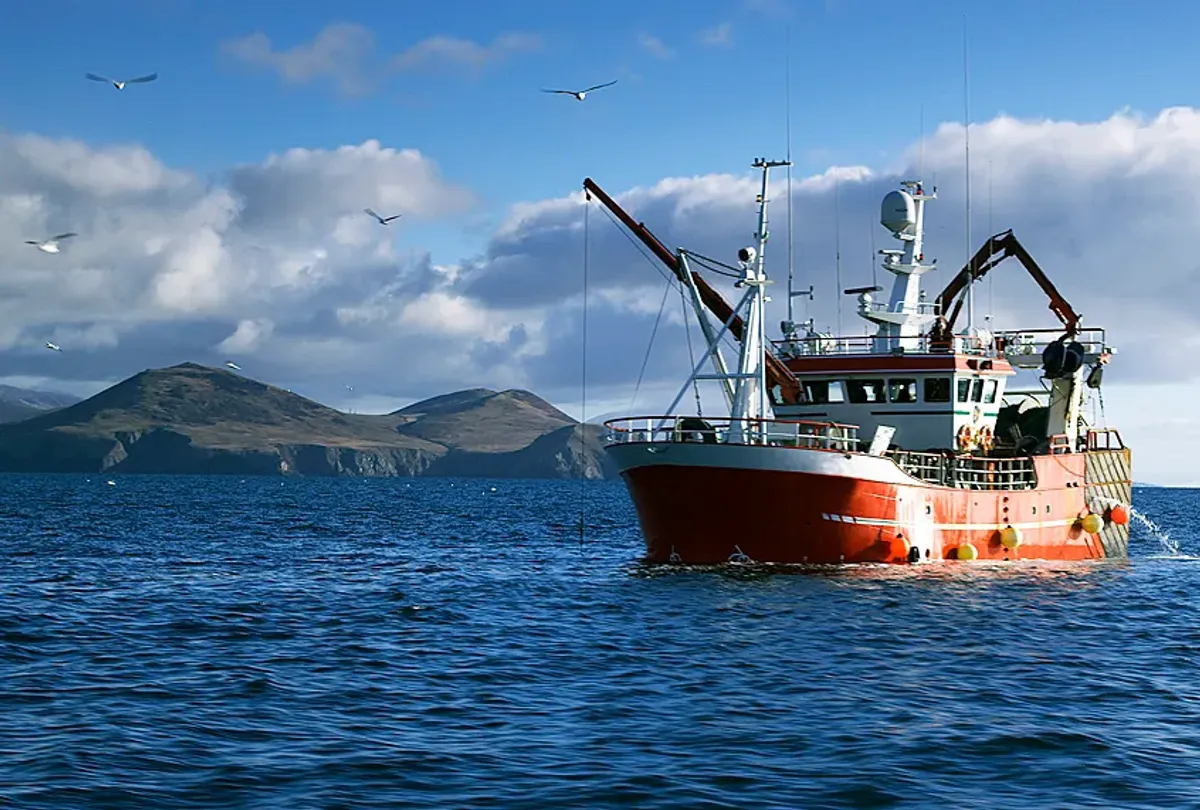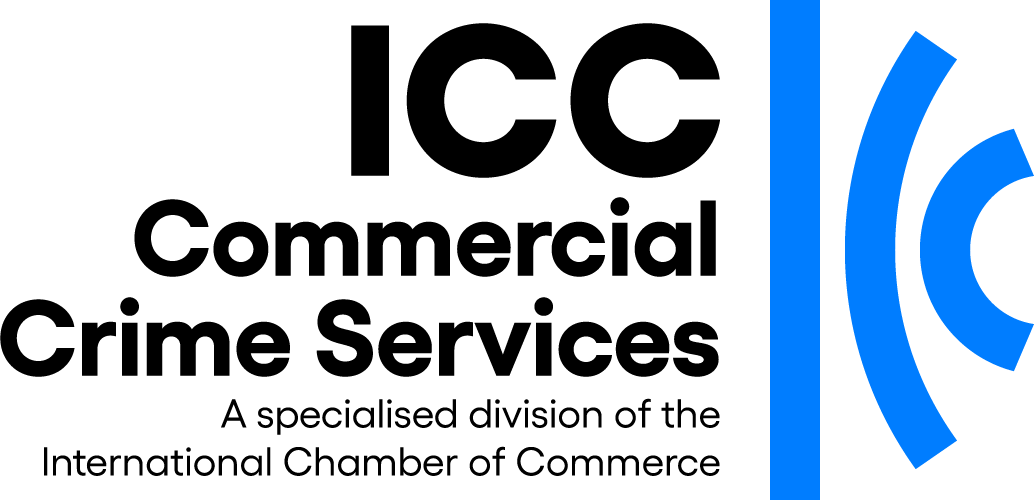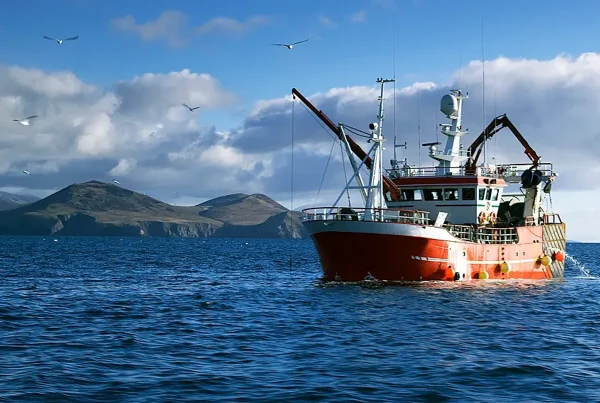
 In the shadow of alarming global statistics showing a continual increase in the number of piracy and armed robbery attacks against merchant ships, an international gathering of key maritime stakeholders discussed the major risks in a changing threat environment.
In the shadow of alarming global statistics showing a continual increase in the number of piracy and armed robbery attacks against merchant ships, an international gathering of key maritime stakeholders discussed the major risks in a changing threat environment.
 In the shadow of alarming global statistics showing a continual increase in the number of piracy and armed robbery attacks against merchant ships, an international gathering of key maritime stakeholders discussed the major risks in a changing threat environment.
In the shadow of alarming global statistics showing a continual increase in the number of piracy and armed robbery attacks against merchant ships, an international gathering of key maritime stakeholders discussed the major risks in a changing threat environment.
These discussions took place at the IMB International Meeting on Global Piracy, Armed Robbery and Maritime Security on 14 and 15 September in Kuala Lumpur, where more than 200 delegates from 30 countries assembled. Reflecting the cooperation between civil and governmental entities, the meeting was organised by the ICC International Maritime Bureau was co-hosted by the Malaysian Maritime Enforcement Agency, Interpol and the Royal Malaysian Police.
The keynote speech delivered by the Malaysian Deputy Home Minister commented on the resurgence of piracy and armed robbery in South East Asia, stressing the importance of maritime domain to Malaysia and the need for cooperation with neighbours in the region in order to apprehend the kingpins behind the piracy activity.
The Inspector General of the Royal Malaysian Police gave a review of the issues in respect of the collection of evidence and international conventions affecting the law enforcement perspective of piracy and armed robbery investigations further stated that it will be useful to conduct a detailed review of the laws and conventions affecting the prosecution of pirates, with a view towards incorporating UNCLOS into Malaysian domestic law in order to ensure that criminals can be prosecuted.
The Malaysian Maritime Enforcement Agency (MMEA) highlighted examples of recent successes, including the arrest and prosecution of the SUN BIRDIE gang and arrest of the ORKIM HARMONY hijackers.
The industry keynote given by Arthur Bowring, Managing Director of Hong Kong Shipowners Association, pointed to the key challenges facing the shipping industry which, in addition to piracy, includes mass illegal migrations, the scale of which overwhelms the capacity of all stakeholders. This view was also shared by the Royal Malaysian Police, who identified human smuggling in the maritime domain as posing new concerns.
To improve this situation participants considered how a common worldwide information sharing framework could possibly expedite the receipt and distribution of critical details needed to enable naval and law enforcement forces to respond quickly enough to protect seafarers and arrest the perpetrators.
Pottengal Mukundan, Director of IMB said: “Information sharing and coordinated action between concerned coastal states is crucial in responding to this threat. However, the proliferation of reporting centres in some regions could create a degree of confusion that can leave seafarers and ships unnecessarily at risk.”
Industry highlighted a number of actions taken to support international effort to suppress maritime crime and to protect their seafarers. Further development of the Best Management Practice and a standardisation of global reporting is high on their agenda.
“For crimes at sea, rapid response is crucial if there is to be any possibility of prosecuting the pirates,” added Mukundan. “The IMB Piracy Reporting Centre plays a crucial role liaising between merchant ships and coastal authorities and navies, and is prepared to further enhance the effectiveness of these joint efforts.” Industry suggested this important role could be broadened offering an opportunity for the IMB to play a leading role.
The international gathering of maritime security experts representing governments, law enforcement agencies, navies, international organisations the shipping industry and seafarers’ unions also considered the threats created by organised crime, human smuggling and acts of terrorism. Beyond the reporting and response issues, the meeting also addressed other areas of concern such as the impact on seafarers and their families, post-incident protection of evidence, and the regional differences in the pirates’ strategies of attack.
Other developments which were considered included the use of armed guards and whether or not they fit into comprehensive response measures in different high risk areas, the more co-ordinated use of naval vessels in anti piracy operations, the challenges faced by law enforcement in arresting and prosecuting pirates and armed robbers, and the targeting of product oil cargoes on board vulnerable vessel.
Participants agreed that the meeting brought about a better understanding of the priorities, capabilities and limitations of both the industry and response agencies, and set the stage to enable each to better support the other in their respective tasks.
The meeting was supported by the Caravel Group and Oceans Beyond Piracy.
IMB Piracy Reporting Centre
The latest reports of piracy are available from the IMB website:
https://icc-ccs.org/piracy-reporting-centre/live-piracy-report
Piracy reports can be submitted to:
ICC IMB (Asia Regional Office),
PO Box 12559,
Kuala Lumpur,
50782,
Malaysia.
Tel: + 60 3 2078 5763
Fax: + 60 3 2078 5769
E-mail: imbkl@icc-ccs.org / piracy@icc-ccs.org
Website: https://icc-ccs.org/index.php/piracy-reporting-centre/report-an-incident
24 Hours Anti Piracy HELPLINE Tel: + 60 3 2031 0014
For additional information contact:
P Mukundan
Director
International Maritime Bureau
ICC-Commercial Crime Services
Cinnabar Wharf
26 Wapping High Street
LONDON
E1W 1NG
Tel: 44(0)20 7423 6960
Fax: 44(0)20 7423 6961
E-mail: ccs@icc-ccs.org
About the ICC IMB
The ICC International Maritime Bureau (IMB) is a specialised division of the International Chamber of Commerce (ICC). The IMB is a non-profit making organisation, established in 1981 to act as a focal point in the fight against all types of maritime crime and malpractice. The International Maritime Organization (IMO) in its resolution A 504 (XII) (5) and (9) adopted on 20 November 1981, has inter alia, urged governments, all interests and organizations to co-operate and exchange information with each other and the IMB with a view to maintaining and developing a coordinated action in combating maritime fraud. The IMB has an MOU with the World Customs Organization (WCO) and has observer status with Interpol (ICPO).






